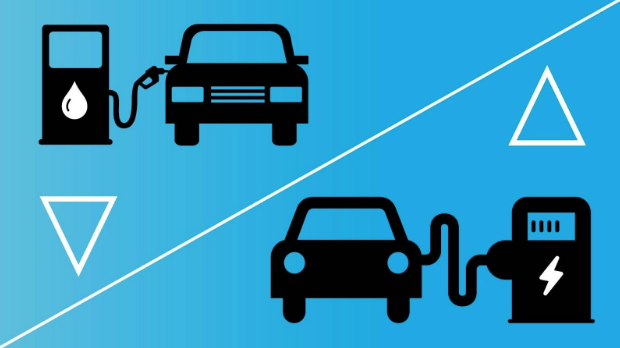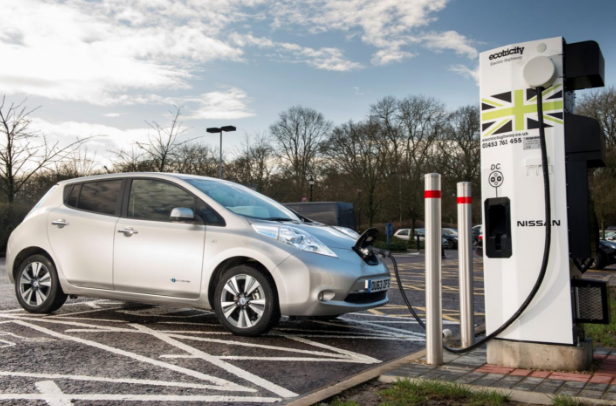While some vehicle options are more expensive up front, others have a higher lifetime and maintenance costs, making them more expensive on the whole.
There are also fuel prices and environmental repercussions to consider. In this article, we’ll break down various factors to help you choose which engine type is right for you.
We’ll go over factors of insurance costs, car taxes in the UK, fuel costs, and maintenance costs to help you make the most informed decision possible for your company car. We’ve browsed dealer reviews, customer reviews, and company tests of cars to help provide you with the best and most complete information possible.
What factors should you consider when buying a company car?
There are a lot of factors that ultimately play into your decision on the perfect car for your company. While some things obviously come to mind easily, like your initial budget, quality of the vehicle, and fuel specifications, others tend to slip through the cracks in the midst of all the excitement.
The first thing to keep in mind when picking your ideal company car is the initial investment you’re able to make. For example, if you can’t afford an electric car, it doesn’t matter how much it can save you in the long run. However, that doesn’t mean you can completely disregard the lifetime expenses of the vehicles such as fueling costs, repair costs, insurance prices, and taxes.
You also should consider the environmental repercussions of the engine type you choose, as well as the effectiveness of that engine on what you need doing.
There are four types of engines from which to choose and we’ll examine them in couples based on similarities: petrol versus diesel and hybrid versus electric. See these vehicle how to tips for more information surrounding this.
Petrol vs. diesel

While petrol and diesel models have a lot of similarities, they also have a fair bit of differences. For instance, models that use petrol engines tend to have more fuel pumps available and have a cheaper initial investment.
However, they also depreciate faster and produces quite a bit of greenhouse gases, making its environmental foot print far larger.
Diesel vehicles have lower lifetime costs than petrol vehicles and they tend to last longer, but they produce other toxins and the insurance on them costs about fifteen percent more.
While diesel vehicles can pull heavier items, they tend to be slightly less reliable than petrol engines. Diesel engines are slightly more efficient, costing about twenty-five percent less to fuel up.
Hybrid vs. electric

Hybrid cars are far cleaner and more fuel efficient than vehicles that use diesel or petrol engines and enjoy a lower tax bill as well as lower congestion charges.
The vehicles also enjoy a much higher resale value than petrol or diesel models. However, they tend to require a more expensive initial investment. It also is more expensive to replace the batteries in these models, as well as getting repairs, as a specialist is often required.
Hybrid vehicles emit more emissions than pure electric cars, but that’s because pure electric cars enjoy zero emissions. Electric cars have high residual value as well as low taxes and insurance costs. However, they tend to be more expensive initially and cost more over their lifetime.
They take a long time to recharge and charging ports are fairly scarce. Ultimately, the electric option is better for minimal city driving; they create no emissions, take no gas, and are typically smaller vehicles, making them easy to navigate on tight city streets.
What’s more, countries are wanting to turn green at any opportunity, take the UK for example, who want new petrol and diesel cars to be banned from sale from 2040.
Which type of car should you choose?

Basically, the decision of which car is best for you comes down to what factors are most important to you. If your employees are required to move a lot of heavy objects or cargo, then you might want to go with the diesel option. However, if they won’t have much cargo, but will be traveling long distances, a hybrid vehicle may make the most sense for your company.
Ultimately, before you decide on a vehicle to purchase, you need to sit down and plan out what exactly you need your company car to do and what is most important to you.
If environmental emissions are the most important thing to you, then an electric or hybrid vehicle may be better suited to your business.
Choosing the ideal company car can be a challenge; there are so many factors to consider and salesmen always increase the excitement and encourage confusion.
When choosing your company car, you should be sure that you choose a vehicle that meets your specifications, falls within your price range, and that’s lifetime running costs won’t break the bank.
As anyone can imagine, finding a vehicle to fit all your specifications can be quite challenging, but with some research, you can find the perfect vehicle for your company at your ideal price.
We hope we helped you with your engine type research by combing through reviews of these vehicles to list out their pros and cons for you.





